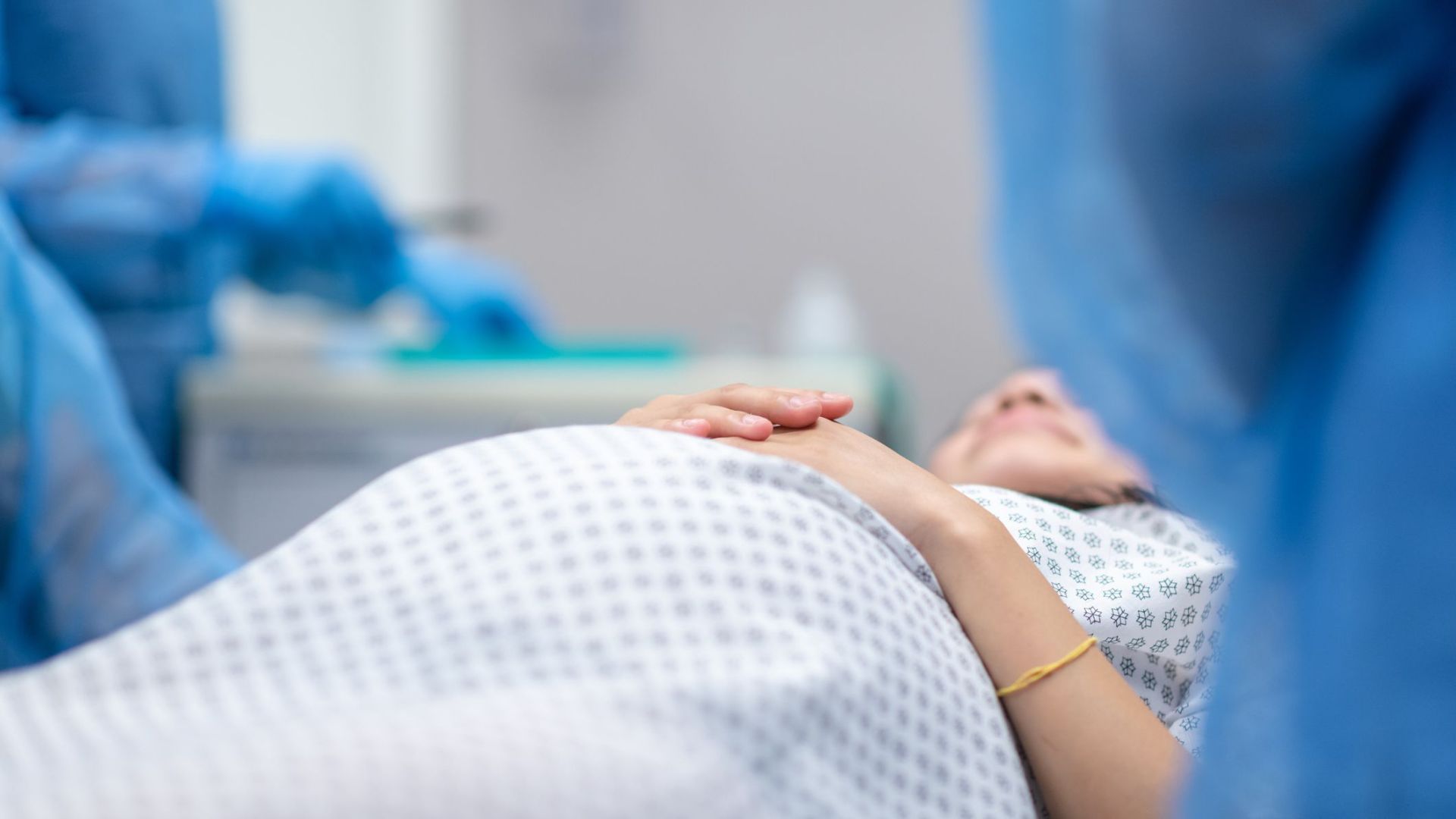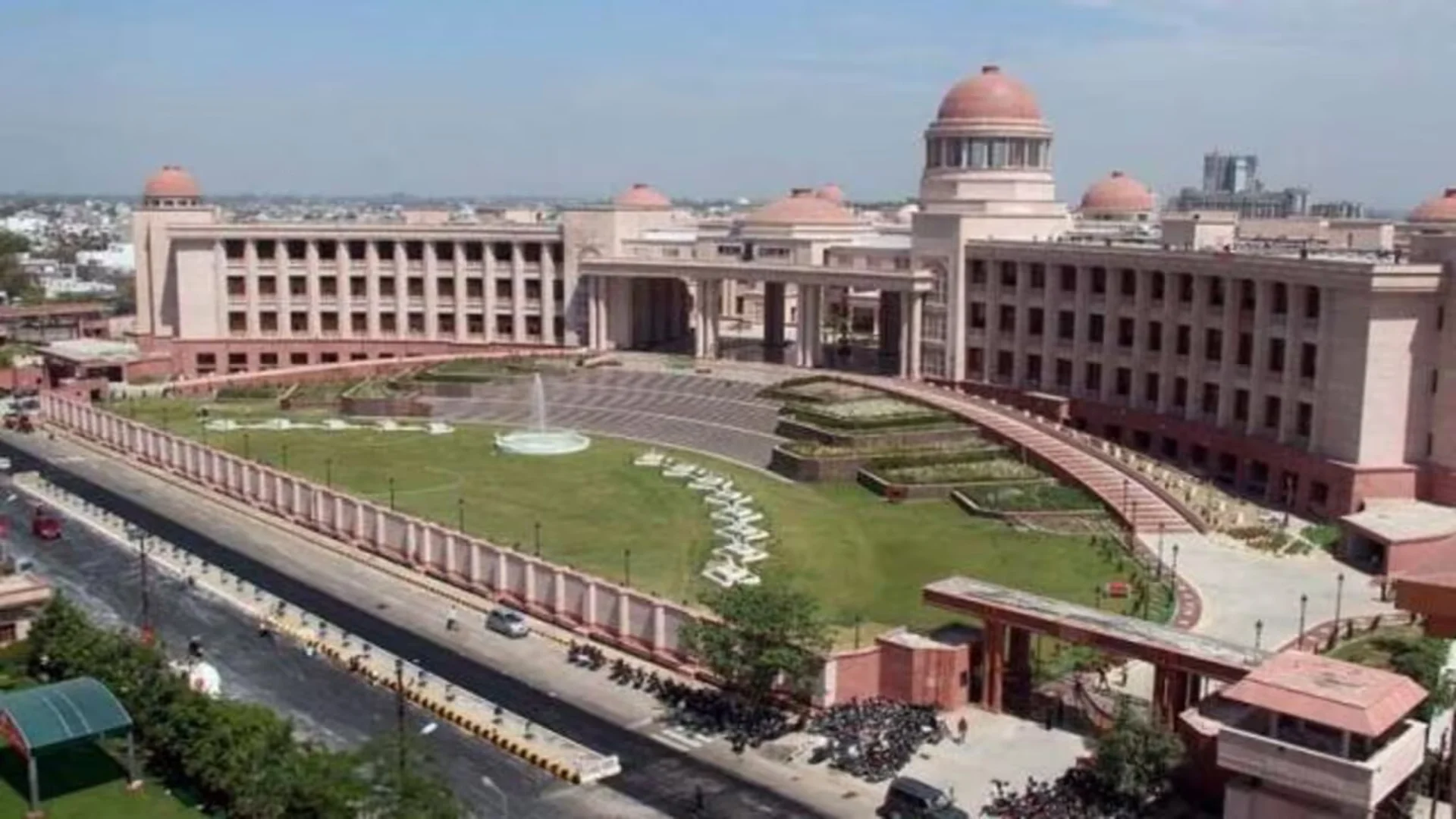10 May, New Delhi, Drones’ ability to be employed in emergency medical situations to deliver blood bags in addition to vaccines and medications is a crucial feature.
10 units of whole blood samples from the Government Institute of Medical Sciences (GIMS) and Lady Hardinge Medical College (LHMC) were taken on the first trip in a validation study.
This drone mission was carried out at the Jaypee Institute of Information Technology (JIIT), in Noida, within visual line of sight. Dr. Rajeev Bahl, DG ICMR, stated in an exclusive interview with ANI, “This ‘i-DRONE’ was originally deployed by ICMR during covid19 pandemic for providing vaccines to inaccessible locations. We are delivering blood and items connected to blood today, which must be kept at a low temperature. After the testing, we discovered that not only can we keep the temperature constant, but the products being transported were also unharmed. If there are no disparities between the samples supplied via the two modes, we will utilise this drone throughout India. We also sent another sample via ambulance.
In distant areas of Manipur and Nagaland, the Indian Council of Medical Research (ICMR) has successfully delivered medical supplies, vaccines, and medications as a pioneer in the use of drones in healthcare.
The ICMR noted that “Challenges in timely delivery of blood and blood products, especially in the remote areas and congested metropolitan cities of India, were identified.” Dr. Nivedita Gupta is the head of the division of epidemiology and communicable diseases. The last-mile deliveries within the district might take less time thanks to drone-based blood delivery.
“Assessing the quality and integrity of fragile bodily fluids such as blood and the impact of drone’s movement is a crucial aspect which requires proper monitoring and validation,” said Dr Sumit Aggarwal.
Prof Pammi Gauba, Dean, A&R and Head, Department of Biotechnology, JIIT, emphasised, “This is a pathbreaking validation study involving the collaborative efforts of ICMR, Lady Hardinge Medical College (LHMC), New Delhi, Government Institute of Medical Sciences (GIMS), Greater Noida and Jaypee Institute of Information Technology (JIIT), Noida”.
“Clarity in challenge mapping and identifying the possible solutions can be achieved by developing indigenous research capacities, and introduction of innovations and technologies into the mainstream,” said Dr. Rajiv Bahl, director general of the Indian Council of Medical Research. With the help of digitization, effective vaccine production, and the creation of a quick delivery system, India reached 90 percent coverage in just one year. The advancement of technology is an accelerator that is helping India get closer to becoming a developed country, as the Prime Minister has stated.















